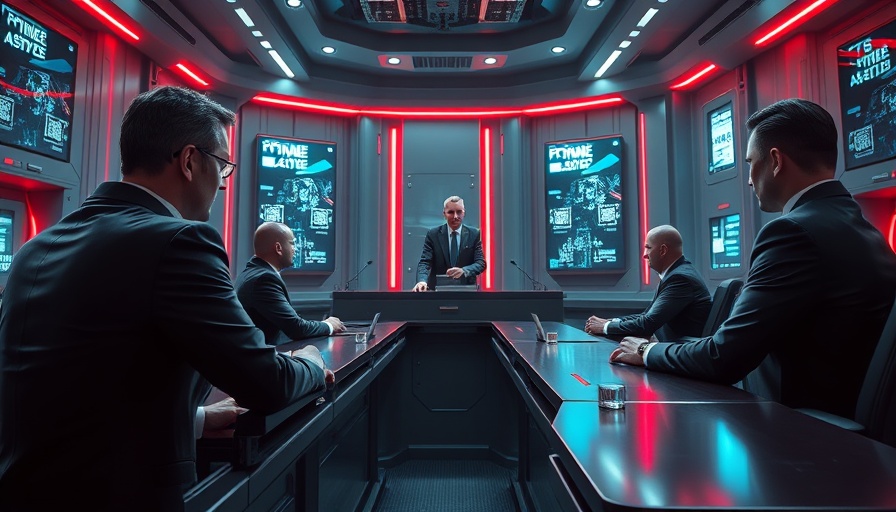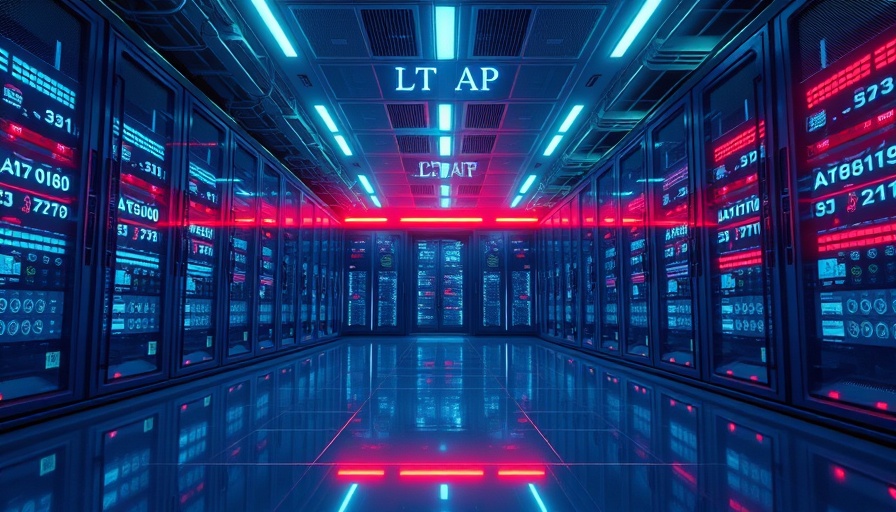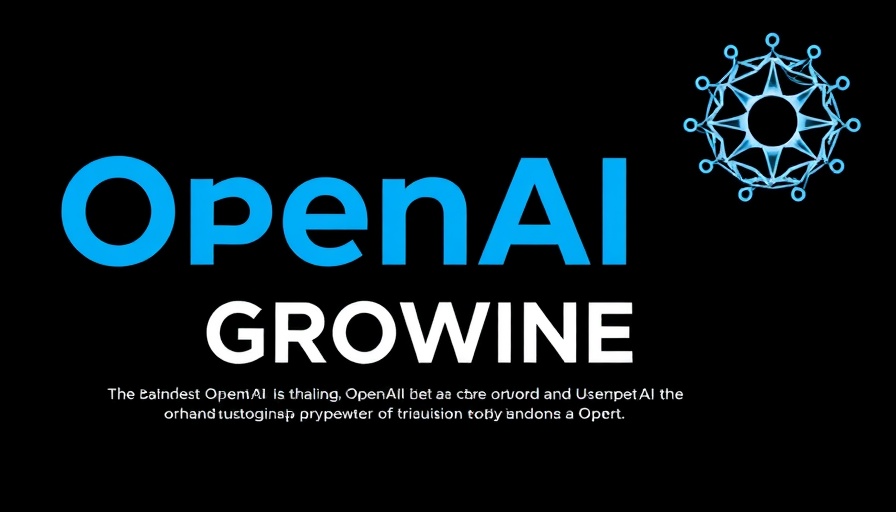
AI Copyright Debate Gains Momentum Amidst Legal Developments
A dynamic week has unfolded in the ongoing debate over AI copyright as significant legal discussions collide with practical implications for creators and developers. On April 3, 2025, the U.S. Copyright Office published its much-anticipated report on the copyrightability of AI-generated works, reaffirming the principle that human creativity is essential for copyright protection.
The report’s core finding is striking; it emphasizes that mere prompts given to AI do not equate to authorship in the traditional sense. This stance clarifies that AI outputs, even those generated through detailed prompts, do not qualify for copyright on their own. Instead, protections may apply only in cases where human intervention meaningfully transforms the AI-generated material.
Legal Implications for AI Developers and Creators
This development could notably reshape how AI developers operate. By stating that AI-generated works remain unprotected unless a human is involved in their creation, the U.S. Copyright Office aligns itself with previous judicial rulings that have denied copyright to purely machine-made creations. This parallels the idea that commands given to a photographer influence the outcome but do not confer ownership rights, suggesting that creativity must persistively involve a human touch.
An International Perspective: OpenAI's Approach in the UK
As discussions in the U.S. proceed, OpenAI is advocating for an alternative path in the UK. The tech company submitted feedback to the UK government calling for a “broad text and data mining exception.” This proposed legal framework would permit AI developers to utilize publicly available data for training purposes without prior approval from content creators, aiming to foster an environment of innovation.
However, this position has drawn criticism from many in the creative community. Artists and authors express concerns that such measures could undermine the rights of creators, effectively allowing companies to benefit from their work without adequate compensation. The debate continues to highlight tensions between fostering technological advancement and respecting the rights of individual creators.
A Call for Balance Between Innovation and Protection
As the AI copyright landscape continues to evolve, finding a balance between encouraging innovation and protecting creators' rights is more crucial than ever. With rapid advancements in technology, striking this balance is essential to ensure that both industries can coexist and thrive.
 Add Row
Add Row  Add Element
Add Element 



Write A Comment